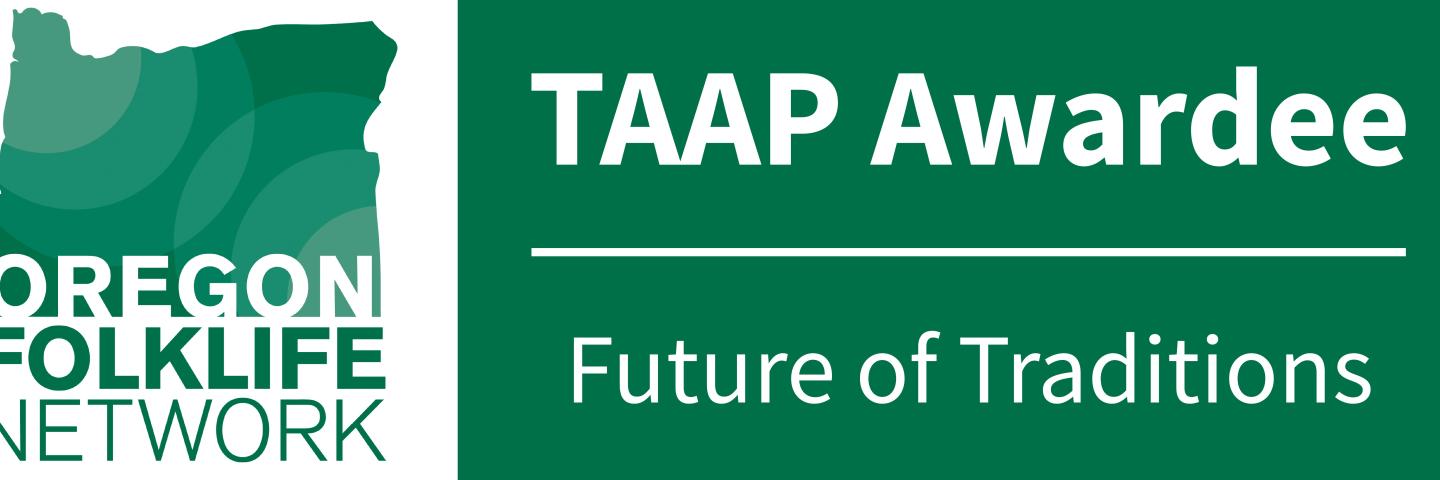Traditional skill/art/craft: Ghanaian Drumming Years Awarded: 2012 Passed Away: 9/12/13 |
ARTIST BIOGRAPHY
Obo Addy was a musician and composer who performed and taught throughout the country. The son of a Wonche medicine man in Accra, Ghana, he was designated a “master drummer” at the age of six. Surrounded by his enormous family (his father had fifty-five children by ten wives) and immersed in the core musical traditions of his people, Addy absorbed the skills and deep values of Ga music as few would.
During his teenage years, he was influenced by international pop music but later gravitated to Highlife, a blend of African and European instrumentation. In 1969, he was employed by the Arts Council of Ghana as a Ga master of the national music, and in 1972, he and his brothers performed at the Olympic Games in Munich and embarked on an international tour. They lived in London and toured until 1978 when he moved to the United States and settled in Portland. With his wife, Susan, he created Homowo African Arts and Cultures, an organization which has introduced thousands of people to the music of Ghana.
Addy taught music at Lewis and Clark College and traveled throughout the country teaching and performing both solo and with his two ensembles. Okropong is dedicated to the tribal music and dance of Ghana and Kukrudu performs Addy’s original music, which blends African rhythms with classical instrumentation. His numerous recordings include two recent works, Wonche Bi and Afieye Okropong released on the Alula label. In 1996 Addy was awarded the National Heritage Fellowship Award by the National Endowment for the Arts, the highest honor a traditional artist can receive in this country.
APPRENTICE BIOGRAPHY - Alexander Addy 2012
Alexander Addy is the son of Obo Addy and in this apprenticeship, he was taught the proverbs that are played on Ghanaian drums. Because of his family, he grew up in a drumming environment and was able to learn through watching his family. He began drumming in his church around the age of 9 or 10 and had been drumming for the past 36 years. His goal is to continue to perform and teach drumming to younger generations.
Q+A WITH THE MENTOR ARTIST
Describe your traditional art.
Body
Ga drumming, both social and traditional. Have been playing all my life. Named a master drummer at 6 years old. Originally accompanied spiritual ceremonies.
How did you come to learn this tradition?
Body
I learned this tradition as I was growing up. It was taught to me by my parents and older brothers. My family life has always revolved around the ritual and tradition of the Ga people of Ghana, West Africa. As my father was a Wonche priest and medicine man, I was constantly surrounded by the drumming, dancing, and singing that accompanied his work. My siblings and I listened, observed, and helped as needed when my father performed various spiritual ceremonies and rites. From these proceedings I learned about the power of music, drumming, and rhythms. In rituals, I first learned to play bell. Later, I was allowed to play drums. In between these events and lessons with my father, I played on my own and with other musicians at social gatherings in town. As a small boy, I knew that I wanted to be musician. Fortunately, I learned at the art from my family.
Why is this cultural tradition important to your community?
Body
This artistic tradition is useful since it comes from the oral tradition and is used to teach important values.
Experience/Honors
Body
1993: Governor’s award for the Arts
1993: Master’s Fellowship (Oregon Arts Commission)
1996: National Heritage Fellowship (National Endowment for the Arts)
1999: Masters Fellowship (Regional Arts and Culture Council)
2007: Oregon Musicians Hall of Fame
Visit OFN's Culture Keepers Roster to learn more about the artist.
Traditional Arts Apprenticeship Program
More OFN programs
OFN main page
